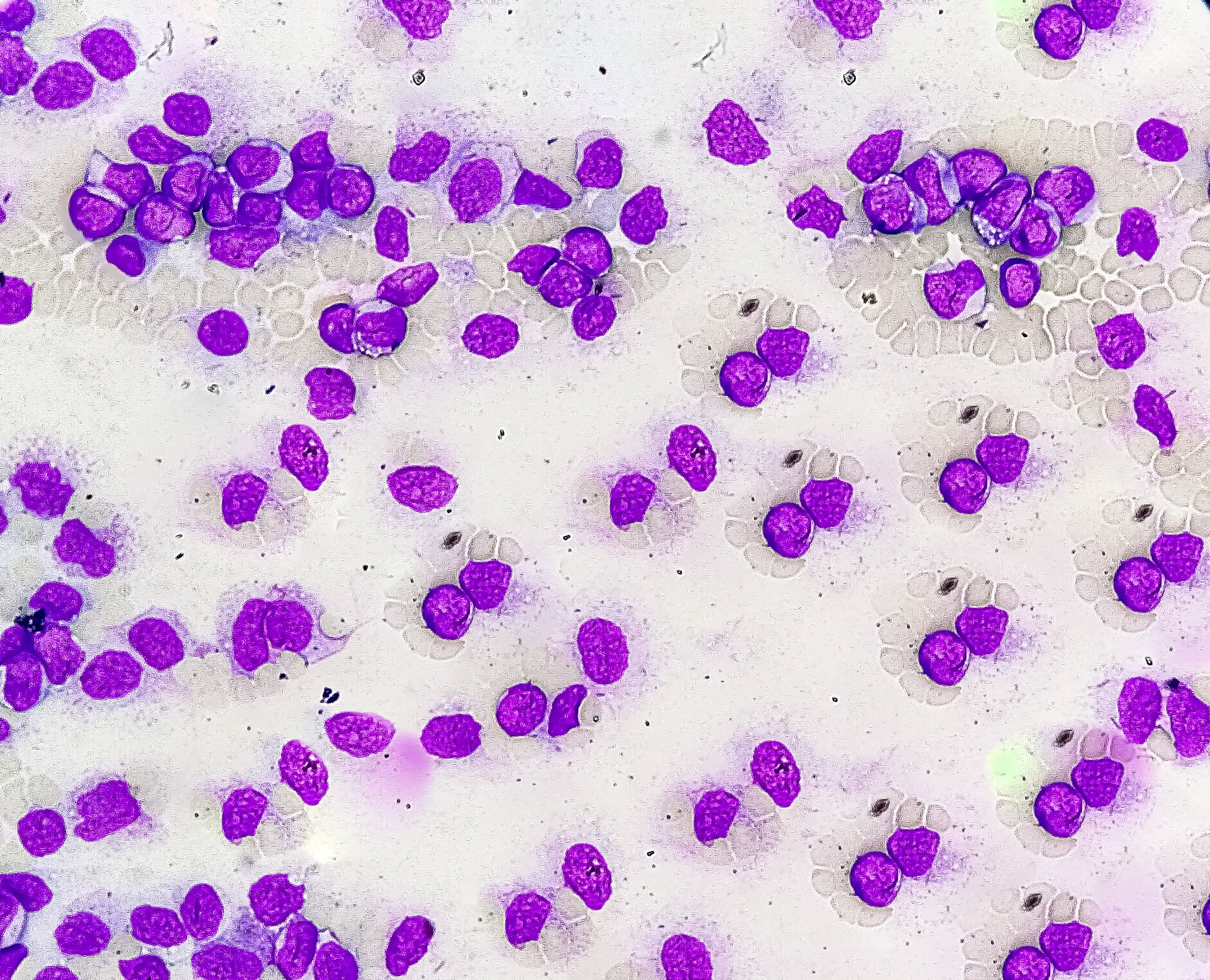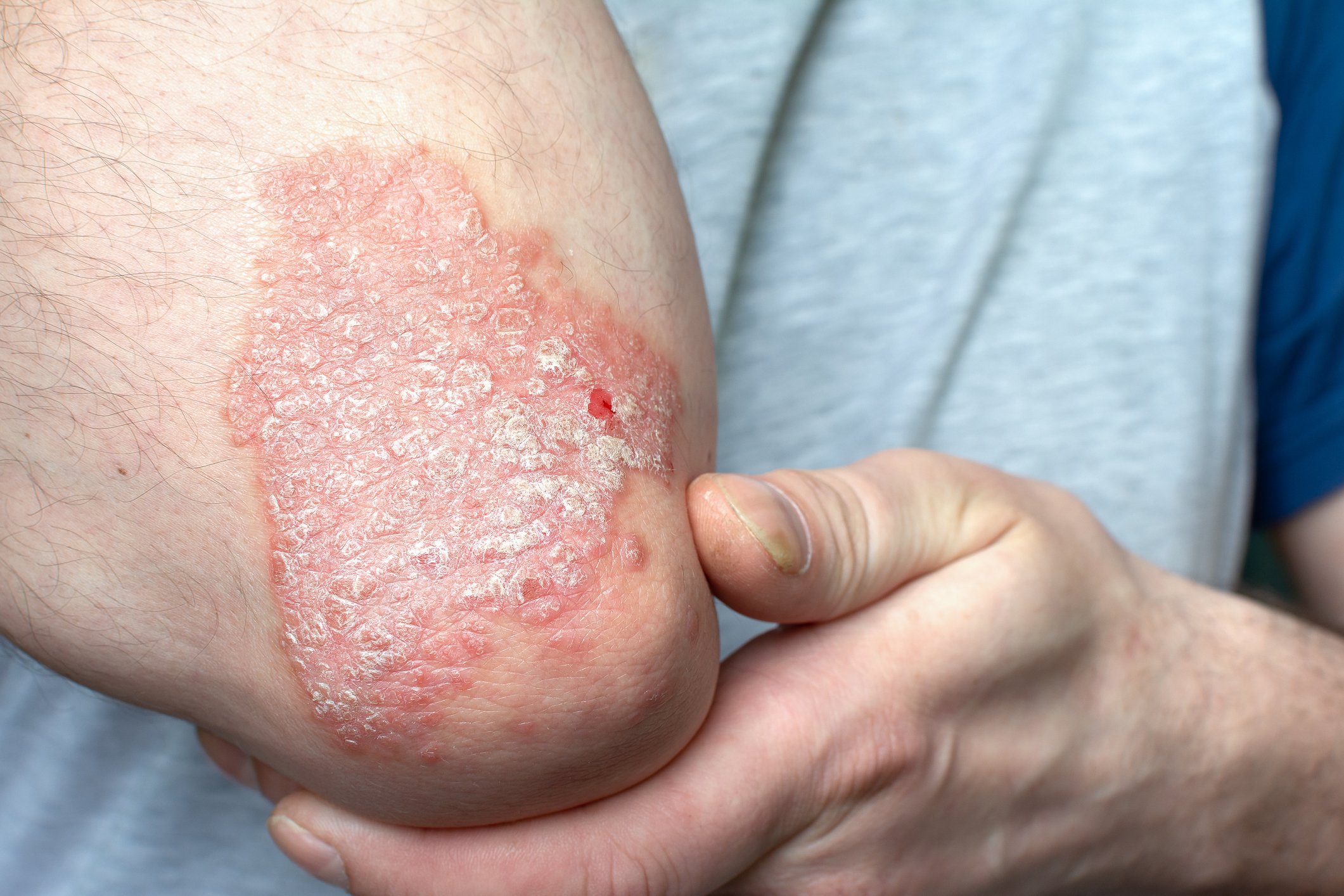The interplay of physical and mental components in skin diseases was also a topic on the occasion of the annual international “World Mental Health Day” in October. Psychodermatology has now established itself. Its findings are scientifically proven. In particular, the early integration of the biopsychosocial perspective into treatment can play a significant role in the successful treatment of skin diseases.
Modern psychodermatology is based on the biopsychosocial disease model. This states that biological, psychological and social factors play an important role in the development and maintenance of skin diseases. “Psychosocial factors are involved in the development of every disease. They interact and occur non-linearly over the entire course of the disease,” explained Prof. Dr. med. Eva Peters, Head of the Laboratory for Psychoneuroimmunology at the Department of Psychosomatic Medicine at the University of Giessen. The frequency of psychological stress and illness, particularly in skin patients, is not surprising for Prof. Peters. Even anatomically, the skin is closely connected to the brain via its innervation. This means that stress messengers can directly intervene in inflammatory processes in the skin during psychological stress. There is also evidence in research that depressive moods have consequences for immune function, while conversely systemic inflammation can also lead directly to depressive moods. The expert therefore recommends: “If a patient comes to the dermatology practice with severe atopic dermatitis, for example, psychological and social factors should also be asked about during the medical history and then incorporated into the treatment planning. According to modern understanding, physical and mental health in skin diseases are seen as interrelated. Diseases such as psoriasis and atopic dermatitis, for which complex psychoneuroimmunological correlations have now been uncovered, demonstrate this in an exemplary manner, according to Prof. Peters. For example, acute deteriorations in findings do not have monocausal triggers, but rather a variety of possible triggers, including stress or particularly stressful life events.
| Current studies suggest that around 20–40% of all patients suffering from a skin disease also have a mental illness, such as depression or an anxiety disorder. Physical complaints that indicate that those affected are suffering from severe stress, such as exhaustion, gastrointestinal problems or pain, are also frequently reported. The psychosocial consequences of the visibility of skin and hair disorders can also be stressful and lead to shame, insecurity, stigmatization and withdrawal from the public. |
The aim of psychodermatology is to optimize the care of dermatological patients. This is achieved by identifying accompanying psychological factors and illnesses as required and integrating suitable psychotherapeutic approaches into the treatment. The aim is to involve patients even better in the treatment process and to strengthen them in coping with their illness and in self-management.
| In dermatology, drug developments over the last two decades have enormously improved the treatment options for chronic inflammatory diseases. “However, even modern therapies sometimes reach their limits in complex chronic skin diseases. This is where psychodermatology can expand the range of treatments and improve therapy,” stated Prof. Dr. Peters. These therapeutic approaches have been very well researched for atopic eczema and itching. Evidence is available for relaxation methods and patient training programs as well as for certain psychotherapeutic methods. “Early psychosomatic co-treatment can help to counteract worsening, chronification or resistance to therapy in the course of a skin disease and quickly refer treatable mental illnesses to suitable care,” the expert concluded. |
Source: “Treating skin diseases holistically: Using psychodermatology to combat deterioration, chronification or resistance to therapy”, German Dermatological Society (DDG), 08.10.2024.
DERMATOLOGIE PRAXIS 2024; 34(5): 20 (published on 28.10.24, ahead of print)











